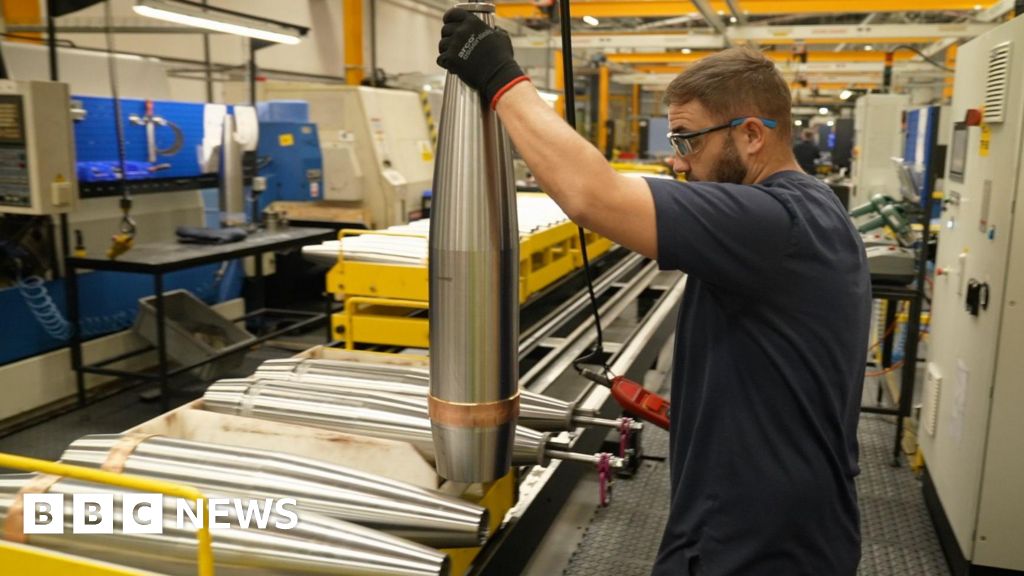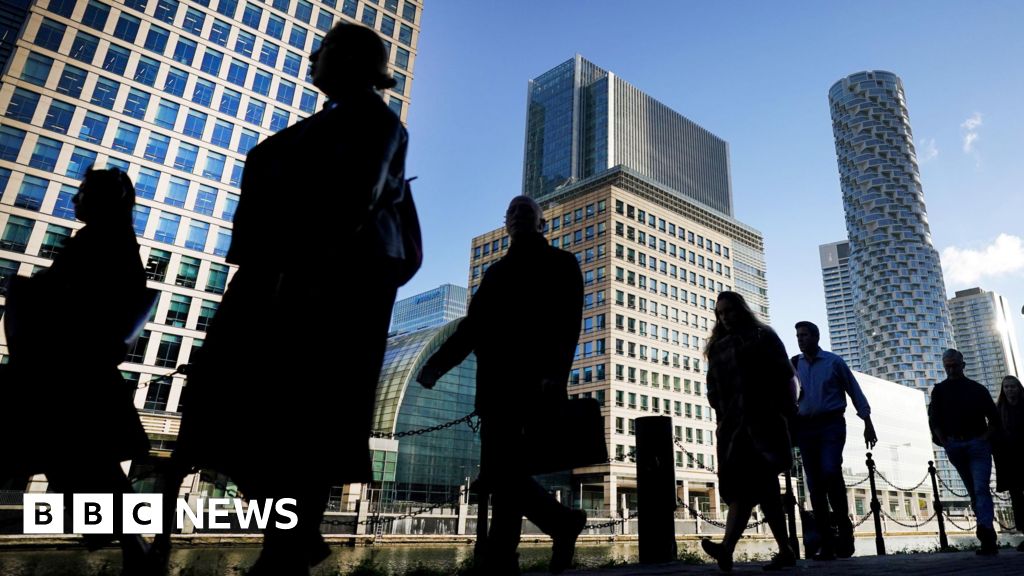ARTICLE AD BOX
By Alex Therrien
BBC News
Some 10,500 lorry drivers and poultry workers are to receive temporary UK visas as the government seeks to limit disruption in the run-up to Christmas.
The government confirmed that 5,000 fuel tanker and food lorry drivers will be eligible to work in the UK for three months, until Christmas Eve.
The scheme is also being extended to 5,500 poultry workers.
Transport Secretary Grant Shapps said it would "ensure preparations remain on track" for the festive season.
But the British Chamber of Commerce said the measures were the equivalent of "throwing a thimble of water on a bonfire".
The intervention from the government comes after a shortage of lorry drivers led to disrupted fuel deliveries and lengthy queues at petrol stations - despite ministers insisting the UK has plenty of fuel.
Other measures being brought forward include using Ministry of Defence examiners to increase HGV (heavy goods vehicle) testing capacity, and sending nearly one million letters to drivers who hold an HGV licence, encouraging them back into the industry.
Officials said the loan of MoD examiners would help put on "thousands of extra tests" over the next 12 weeks.
The letter will set out the steps the haulage sector is taking to improve industry conditions, including increased wages, flexible working and fixed hours, according to the Department for Transport.
Recruitment for additional short-term HGV drivers and poultry workers will begin in October.
Mr Shapps said: "We are acting now, but the industries must also play their part with working conditions continuing to improve and the deserved salary increases continuing to be maintained in order for companies to retain new drivers.
"After a very difficult 18 months, I know how important this Christmas is for all of us and that's why we're taking these steps at the earliest opportunity to ensure preparations remain on track."
Trade association Logistics UK estimates that the UK is in need of about 90,000 HGV drivers - with existing shortages made worse by a number of factors, including the pandemic, Brexit, an ageing workforce, and low wages and poor working conditions.
The Department for Transport said it recognised that importing foreign labour "will not be the long-term solution" to the problem and that it wanted to see employers invest to build a "high-wage, high-skill economy".
It said up to 4,000 people would soon be able to take advantage of training courses to become HGV drivers.
This includes free, short, intensive courses, funded by the Department for Education, to train up to 3,000 new HGV drivers.
These new "skills bootcamps" will train drivers to be road ready and gain a Cat C or Cat C&E license, helping to tackle the current HGV driver shortage.
The remaining 1,000 drivers will be trained through courses accessed locally and funded by the government's adult education budget, the DfT said.
Education Secretary Nadhim Zahawi said: "We are taking action to tackle the shortage of drivers by removing barriers to help more people to launch new well-paid careers in the industry, supporting thousands to get the training they need to be road ready."
'Thimble of water on a bonfire'
Industry groups the Food and Drink Federation and Logistics UK both welcomed the visa changes, with federation chief Ian Wright calling the measures "pragmatic".
But the British Retail Consortium said the number of visas being offered would "do little to alleviate the current shortfall".
It said supermarkets alone needed an additional 15,000 HGV drivers to operate at full capacity ahead of Christmas and avoid disruption or availability issues and called for the visa programme to be extended to HGV drivers in all sectors of the retail industry.
British Chamber of Commerce president Baroness McGregor-Smith said the changes were the "equivalent of throwing a thimble of water on a bonfire", as it would "not be enough to address the scale of the problem".
Are you an HGV driver? Share your experiences by emailing haveyoursay@bbc.co.uk.
Please include a contact number if you are willing to speak to a BBC journalist. You can also get in touch in the following ways:
If you are reading this page and can't see the form you will need to visit the mobile version of the BBC website to submit your question or comment or you can email us at HaveYourSay@bbc.co.uk. Please include your name, age and location with any submission.

 3 years ago
82
3 years ago
82








 English (US) ·
English (US) ·